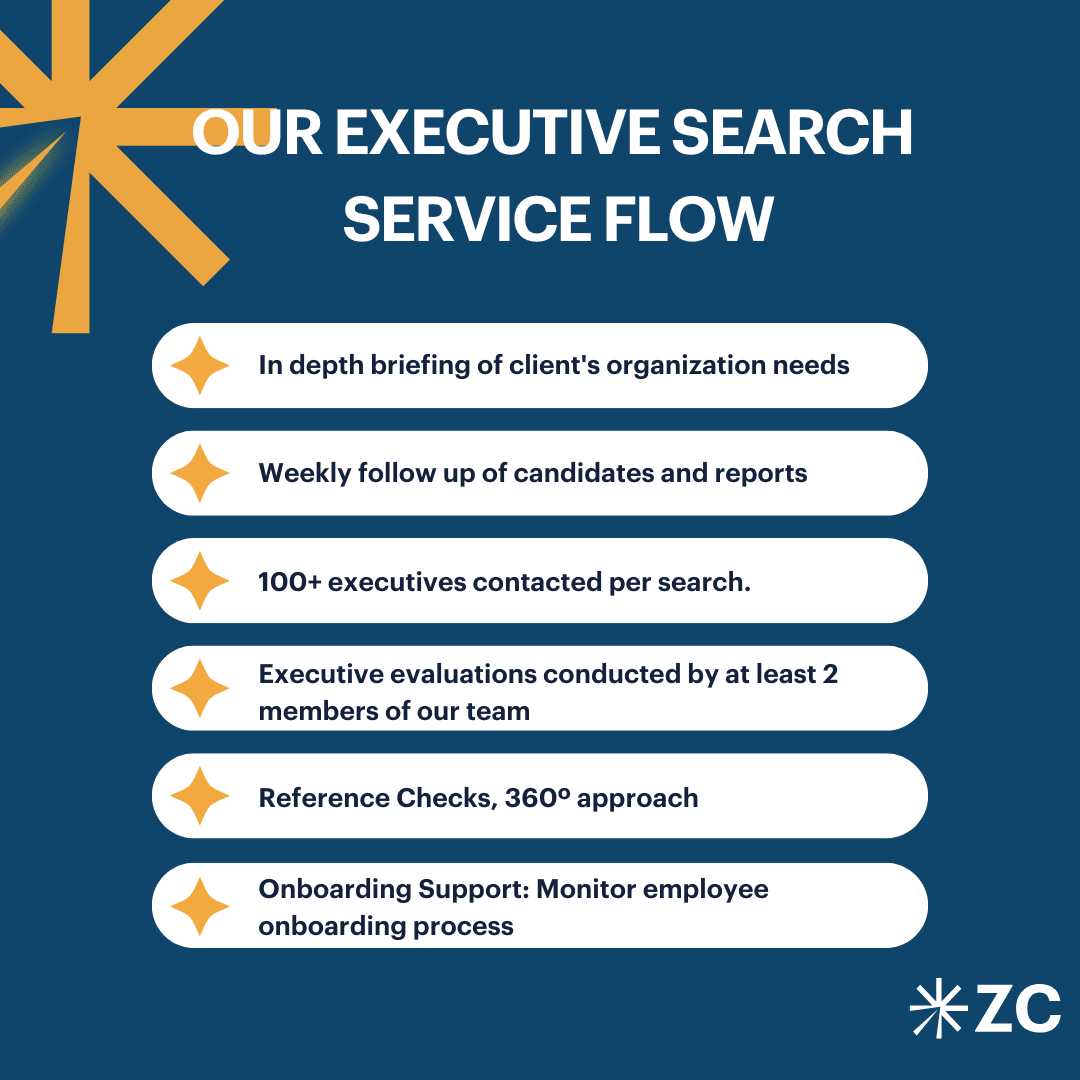Talent shortages have been a problem in engineering and construction (EPC) firms for decades, worsened in recent years. The natural generational departure of the last of the baby boomers as they reached retirement age, and the Great Resignation (meaning the outflow of talent due to the pandemic and competition from other industries) have, among other factors created a talent crisis for the industry.
“According to FMI’s 2023 Talent Survey, respondents expressed concerns about increasing talent exits across all levels within the next five years. Additionally, 93% of participants reported facing challenges in finding qualified talent at present.”
Understanding the Depth of the Problem in Construction:
The labor market has undergone changes following the pandemic, posing greater challenges for contractors in attracting and retaining workers. Unlike other industries that provide flexible hours, remote or hybrid work options, and the ability to take breaks at short notice, these conditions are not feasible for on-site construction jobs.
According to a proprietary model developed by Associated Builders and Contractors (ABC), “the construction industry will need to attract an estimated 546,000 additional workers on top of the normal pace of hiring in 2023 to meet the demand for labor
To tackle the talent crisis, a multi-faceted strategy includes attracting younger workers, recruiting from other industries, and investing in the development of future leaders.
1. Succession Planning
Although most companies have some form of succession planning (Figure 4), only a small percentage (19%) have plans specifically tailored for key strategic roles. This lack of planning has significant implications in the short term. Developing a successor for upper-level positions can take five to seven years or even longer when ownership transfer is a factor.
It is crucial for individuals throughout the organization to think proactively about the future to succeed and gain a competitive advantage.
It is no longer enough to ensure profitability in day-to-day operations. Leaders must adopt a holistic perspective, taking into account the bigger picture of their geographies, industries, customers and competitors. Their focus must go beyond short-term gains to include nurturing talent and cultivating organizations that exhibit resilience and adaptability. They must excel in both operational efficiency and transformational capability.
That’s why succession planning should start from an early stage in the talent pipeline. Developing talent is a long rode and one is critical when the industry talent pool and retention are poor.
2. How to Attract and Retain the Best Talent
“People who scored their company culture a 5 out of 5 in our talent study were almost 30% more likely to use culture to attract and retain talent compared to those who scored culture less than a 5”
Retaining talent is critical for construction firms, and organizational culture plays a significant role in influencing employee retention. Factors such as feelings of disrespect, challenges with childcare, inflexible work arrangements, conflicting values, burnout, and strained relationships with managers are frequently cited as reasons for voluntary departures.
Today’s recruits are strongly swayed by culture. The upcoming generation seeks assurance of your genuine concern and desires to be actively involved in a meaningful cause. Therefore, it is crucial to prioritize transparency and foster open dialogue.
Job flexibilities, mental health and DEI initiatives are essential. When companies prioritize fostering a culture of inclusivity and belonging, where every individual is respected, heard, and appreciated, it becomes a catalyst for retaining talented individuals.
3. Managing Through Growing Complexity of Executive Search:
In today’s competitive world, projects are more complex, there are more stakeholders to respond to, and the demands of leadership positions are more ambiguous. Now day’s executives find their roles require a familiarity with the inner workings of the industry that goes beyond operational competence.
Adopting an enterprise mindset entails employing a carefully crafted, evidence-driven strategy for succession planning that integrates a focus on continuity is in order. Relying solely on a pool of exceptional performers or high-potential individuals often proves inadequate for an effective succession plan. Although these candidates may possess outstanding abilities, they may not possess the necessary skills and competencies required to effectively guide the company toward future success.
To guarantee top talent, it is crucial to ensure that the right individuals are positioned in the right roles at the right time, rather than merely amassing a large pool of exceptional talent. It is imperative to assess the individuals working at every level within your organization and proactively invest in nurturing the talent that will shape the future.
Executive Search as a Strategic Response to Construction Talent Shortages
The convergence of executive talent attrition and a growing scarcity of skilled leaders means that organizations delaying decisive action today will face significant operational and delivery risks in the future. In this context, relying solely on competitive compensation packages has proven insufficient to attract, retain, or develop the leadership required by the construction sector.
Executive search plays a critical role in addressing these challenges by expanding access to leadership talent beyond traditional networks and identifying executives with the capability to operate in increasingly complex, regulated, and delivery-driven environments. Through a structured executive search approach, organizations can mitigate succession risk, strengthen leadership pipelines, and improve long-term project performance.
To remain competitive, construction companies must rethink how they identify and attract executive talent, broaden the scope of executive search efforts, and actively reshape the narrative around leadership careers in the built environment as long-term, strategic, and impact-driven opportunities.
Zavala Civitas Executive Search:
To learn more about our executive search services in the construction and infrastructure sector, click here to explore how we support organizations in identifying and appointing senior leaders for complex, high-impact environments. Or contact us directly.










